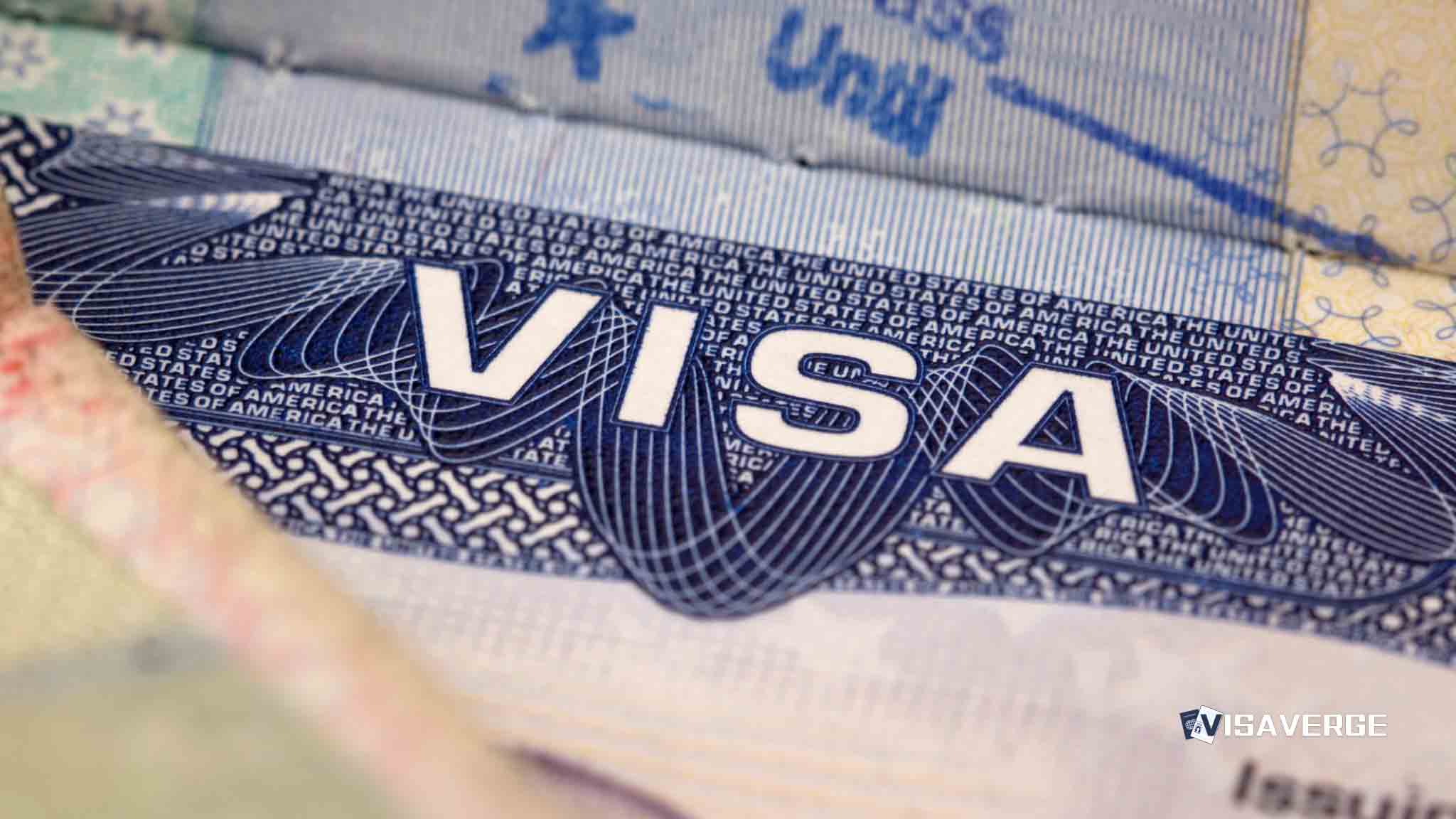Addressing Workforce Shortages: The Expansion of J-1 Visa Program for Specialty Medicine
Residents in rural and underserved communities across northern border states such as Maine, New Hampshire, Vermont, and New York are expected to receive enhanced healthcare services with the expansion of the J-1 Visa Waiver Program. Launched in December of 2023, this initiative signifies a concerted effort by federal and state leaders to address critical workforce shortages in the healthcare sector, specifically by paving the way for more physicians practicing specialty medicine to serve these communities.

What is the J-1 Visa Waiver Program?
Initially focused on primary care physicians, the J-1 Visa Waiver Program facilitates the practice of foreign physicians in rural and underserved areas by waiving the requirement to return to their home country after their visa expires. Recognizing the urgent need for specialty care in these regions, the program now welcomes specialists, bringing hope to many who await accessible and affordable healthcare services.
The New Focus on Specialty Medicine
But why this sudden shift towards specialty medicine? In brief, the expansion came as a result of close collaboration between state partners and the Northern Border Regional Commission. The decision underscores a pressing need for specialists in areas suffering from severe workforce deficits, including but not limited to anesthesiologists, cancer specialists, and more.
How Specialty Physicians Can Benefit from the J-1 Visa Expansion
Specialist positions eligible under this initiative will be reviewed on a case-by-case basis, with approval fully contingent on the assessed regional need and preliminary endorsement from the state where the physician intends to practice. Waiver requests under this expanded provision will be officially accepted starting April 1, 2024.
Reactions from Federal Leaders
This strategic move has been met with open arms by federal leaders, recognizing its potential to significantly ease the strain on the national healthcare system, particularly within rural settings. New York Senator Chuck Schumer hailed the program’s expansion as:
“A major shot in the arm for recruiting doctors to address the national health care worker shortage in rural communities across upstate New York.”
Echoing this sentiment, New Hampshire Congresswoman Annie Kuster noted:
“The Northern Border Regional Commission has been a tremendous asset to New Hampshire, and I’m thrilled to see the expansion of their J-1 Visa Waiver Program to include physicians practicing specialty medicine.”
A Brighter Future for Rural Healthcare
The expansion of the J-1 Visa Waiver Program marks a pivotal step toward not only alleviating the healthcare worker shortage but also in ensuring that residents in rural and underserved regions have access to the quality, specialized care they need. While the challenges that lie ahead are significant, the collective resolve of federal and state leaders, along with the healthcare community, presents a beacon of hope for a healthier future.
For those interested in learning more about the J-1 Visa Waiver Program and its requirements, the United States Department of State provides comprehensive guidance.
The anticipation for April 2024 is significant, as it represents a milestone in the concerted effort to enhance the healthcare landscape in these critical areas, setting a precedent for similar initiatives nationwide.
This Article In A Nutshell:
The J-1 Visa Program expands to aid rural healthcare in the U.S. Specialists can stay longer to address critical medical shortages. Collaboration between federal and state leaders drives this change, welcoming anesthesiologists, cancer specialists, and more to underserved areas. The move promises enhanced care for communities in need, offering hope for a healthier future.
Read More:
Addressing Primary Care Shortage with New J-1 Waiver Program for International Medical Graduates: Discover how the J-1 Waiver Program aims to resolve primary care shortages by facilitating the arrival of international medical graduates to work in health professional shortage areas.
Impact of B1/B2 Visa Rejection on J-1 Visa Approval: Learn whether getting rejected for a B1/B2 visa could influence the approval of a subsequent J-1 visa application.
Navigating J-1 Visa Re-Entry and Status Adjustment Post I-140 Petition Filing: A detailed guide on re-entering the U.S. on a J-1 visa and adjusting your status after filing an I-140 petition.












